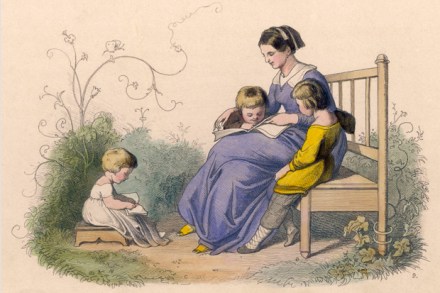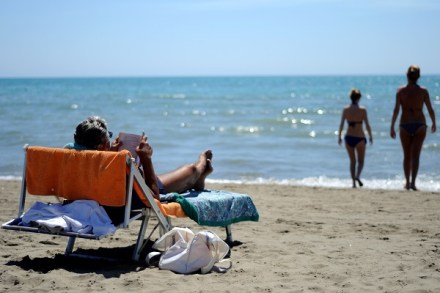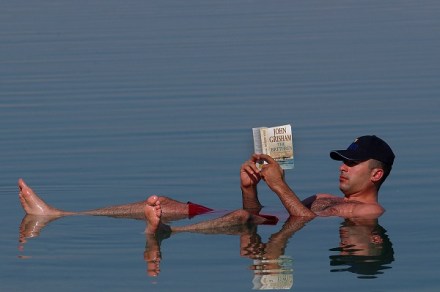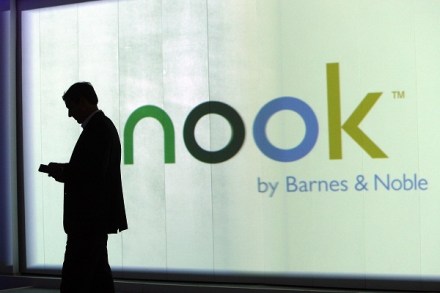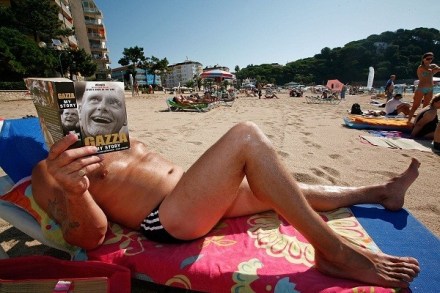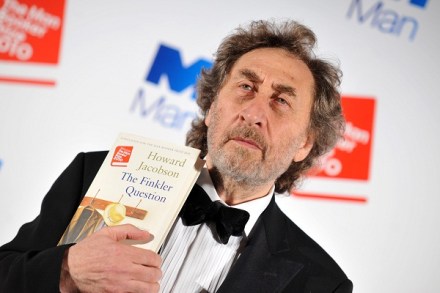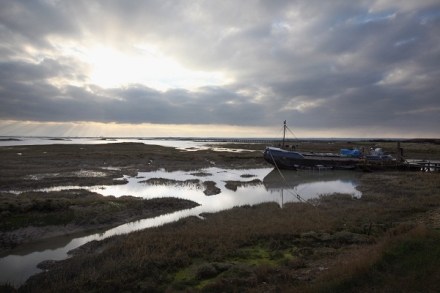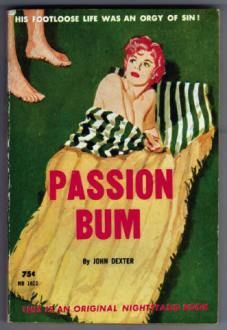How to get old without getting boring
When one notices the first symptoms of senile dementia (forgetting names, trying to remember the purpose of moving from one room to another, and so on), books can be wonderfully helpful. At the age of 80, Penelope Lively, the prolific, generally esteemed, novelist, has written an encouraging guidebook for the ageing: For me, reading is the palliative, the daily fix. Old reading, revisiting, but new reading too, lots of it, reading in all directions, plenty of fiction, history and archaeology always, reading to satisfy perennial tastes, reading sideways too — try her, try him, try that. Born Penelope Low in Cairo and brought up there and in England, she read



